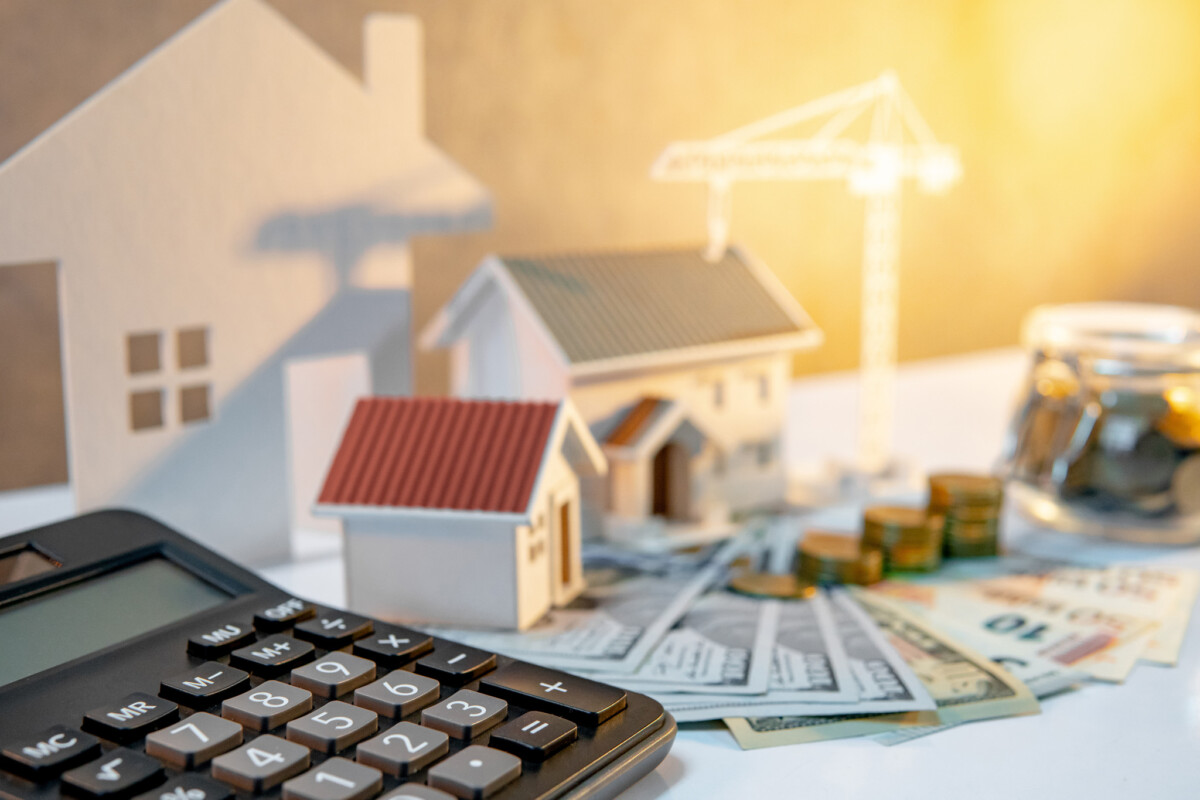Whether you’re entering the world of real estate investment or looking to take better care of your own property, understanding the basics of commercial real estate investment and the importance of home maintenance is essential. Though different in scope, these two topics are deeply connected by one key concept: the long-term value of property.
Let’s explore the fundamentals of each, which will help you make informed decisions whether you’re an aspiring investor or a diligent homeowner.
Part I: Commercial Real Estate Investment Basics
What Is Commercial Real Estate?
Commercial real estate (CRE) refers to properties used exclusively for business-related purposes or to generate income. Unlike residential real estate, which is intended for personal living spaces, CRE includes:
- Office buildings
- Retail spaces
- Warehouses
- Industrial buildings
- Multifamily apartment complexes (usually 5+ units)
- Mixed-use developments
Why Invest in Commercial Real Estate?
Commercial real estate can be a lucrative investment for several reasons:
- Steady Cash Flow: Commercial tenants often sign long-term leases, which can lead to consistent rental income.
- Higher Returns: CRE typically offers higher yields than residential properties.
- Professional Relationships: Tenants in commercial properties often treat the space like a business asset and are more likely to maintain it.
- Diversification: Adding CRE to your portfolio can help diversify risk.
Types of Commercial Real Estate Investments
There are several ways to invest in CRE:
- Direct Ownership: Buying a commercial property outright or with partners.
- REITs (Real Estate Investment Trusts): Publicly traded companies that own income-producing real estate.
- Real Estate Syndications: Pooled investment opportunities managed by professionals.
- Crowdfunding Platforms: Allow small investors to invest in larger commercial projects online.
Key Metrics and Terms
Understanding some basic terms can help evaluate a potential commercial property:
- Net Operating Income (NOI): Income from the property minus operating expenses.
- Cap Rate: NOI divided by the property’s purchase price—used to assess return.
- Cash-on-Cash Return: Annual cash flow divided by the total cash invested.
- Occupancy Rate: Percentage of leased units in a building.
- Due Diligence: The investigation or audit of a potential investment before finalizing the deal.
Risks and Considerations
Commercial real estate investing isn’t without risks:
- Market Volatility: Economic downturns can reduce demand for office or retail space.
- Capital Requirements: CRE typically requires more upfront capital than residential properties.
- Management Intensity: Commercial properties often require hands-on or professional property management.
- Regulatory Hurdles: Zoning laws and building codes must be strictly followed.
Tips for First-Time Investors
- Start Small: Consider a small office space or a duplex with commercial zoning.
- Partner with Experts: Work with experienced brokers, attorneys, and property managers.
- Do Your Homework: Research local market trends and tenant demand.
- Think Long-Term: CRE is usually a long-term play, so be prepared to hold it for several years.
Part II: Home Maintenance Essentials
While commercial properties are about income and investment, your personal residence or rental home is just as valuable—both emotionally and financially. Proper home maintenance ensures safety, preserves property value, and prevents costly repairs.
Why Home Maintenance Matters
- Preserve Value: A well-maintained home holds or increases its value over time.
- Prevent Costly Repairs: Small issues can turn into major problems if ignored.
- Improve Safety: Proper maintenance helps avoid accidents and ensures all systems function correctly.
- Boost Energy Efficiency: Regular upkeep can reduce utility bills.
Seasonal Home Maintenance Checklist
Here’s a breakdown of tasks by season:
Spring
- Inspect roofing for damage after winter storms.
- Clean gutters and downspouts.
- Check window and door seals.
- Service the air conditioning system.
- Inspect outdoor irrigation and landscaping.
Summer
- Clean and inspect the grill or outdoor kitchen area.
- Power-wash exterior walls and decks.
- Treat for pests or schedule a pest control service.
- Check attic ventilation and insulation.
- Inspect the foundation for cracks.
Fall
- Clean or replace furnace filters.
- Service heating system.
- Inspect the chimney and fireplace.
- Rake leaves and aerate the lawn.
- Drain and store garden hoses.
Winter
- Insulate exposed plumbing to prevent freezing.
- Check for ice dams or snow buildup on the roof.
- Keep walkways clear of snow and ice.
- Test smoke and carbon monoxide detectors.
- Run ceiling fans in reverse to circulate warm air.
Monthly Maintenance Tips
- Check HVAC filters.
- Inspect plumbing for leaks.
- Test GFCI outlets and smoke alarms.
- Look for signs of moisture or mold.
- Clear out the lint from the dryer vent.
Long-Term Maintenance (Annual or Biannual)
- Service HVAC systems.
- Deep clean carpets and upholstery.
- Drain the water heater to flush out sediment.
- Inspect the septic system or sewer lines.
- Repaint or touch up exterior and interior walls.
Budgeting for Maintenance
Experts recommend setting aside 1–3% of your home’s value annually for maintenance and repairs. For example, if your home is worth $300,000, aim to budget $3,000 to $9,000 annually for upkeep. This fund helps cover both predictable tasks and emergencies.
Conclusion: Bridging Investment and Ownership
Whether investing in a strip mall or managing your home, education, planning, and consistency are key to long-term property success. Commercial real estate offers income and growth opportunities for investors willing to learn and take calculated risks. Meanwhile, home maintenance is the foundation for any homeowner’s peace of mind and financial health.
By understanding both sides—investment strategies and property upkeep—you can make smarter decisions, protect your assets, and confidently build real estate wealth.
Thank you for reading! If you enjoyed this article and want to explore more content on similar topics, check out our other blogs at Sonic Loans, Sonic Realty, and Sonic Title. We have a wealth of information designed to help you navigate the world of real estate and finance. Happy reading!
Are you looking for the right loan? Check out Sonic Loans for tailored mortgage solutions that make home financing simple and efficient.
Creative Financing Options for Real Estate
How to Improve Your Credit Score for Better Mortgage Rates
HVAC Maintenance: Extending System Life
Preventing Water Damage: Essential Tips
Common Home Repairs Every Owner Should Know
Energy-Efficient Upgrades That Pay for Themselves
Commercial Real Estate Investment Basics & Home Maintenance: A Dual Guide to Property Success
Multi-Family Properties: Investment Opportunities and Challenges
Managing Rental Properties: DIY vs. Property Management















